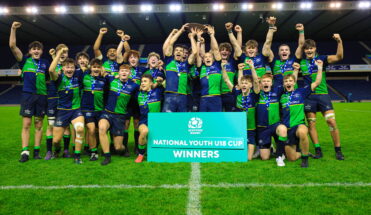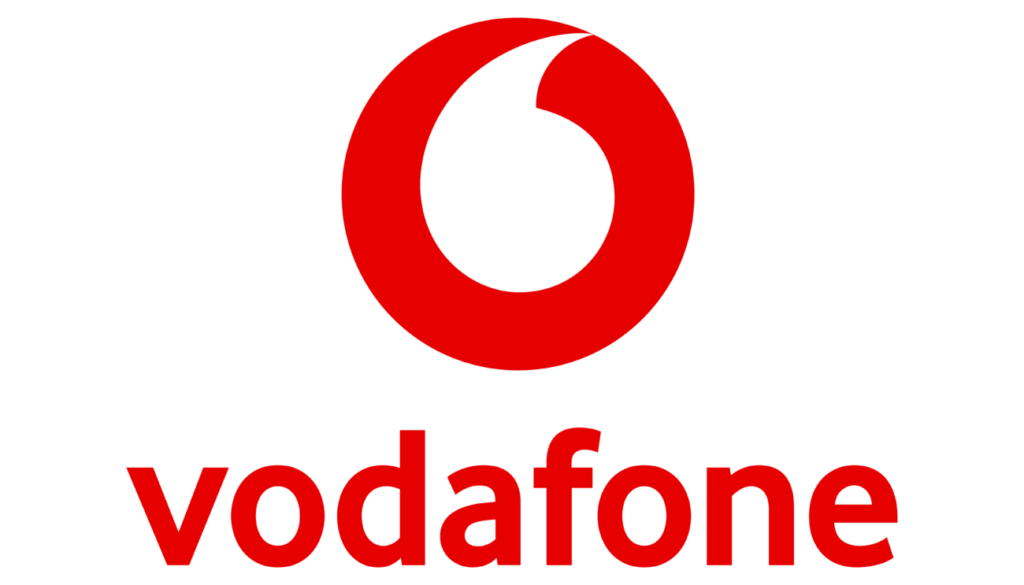Long read | The wizardly try from Angus Buchanan
What links international rugby’s first match to a proud family with enduring roots to the Orkney Islands and to the Harry Potter author JK Rowling? The answer would be ruled too fanciful if it were created as the story of a modern-day comic book hero.
One thing is for certain, a then 24-year-old, the eighth of 13 children, born in Inveraray by the western shores of Loch Fyne in Argyll, where his dad, John, had been Provost, inspired the generations by his rugby accomplishments 150 years ago.
He lined up as a forward in the Scotland team that played in rugby’s very first international on 27 March 1871, when Scotland defeated England in a 20-a-side contest at Raeburn Place in Edinburgh. Buchanan, a member of Royal High School FP, who went on to study law in Scotland’s capital, was credited with rugby’s first ever international try and from that history-making episode, Scotland have gone on to score 1287 more.
Take a bow, Angus Buchanan, a phenomenal all-round sportsman. Now, as we celebrate the 150th anniversary of the match, we delve into his family’s amazing history.
“From what I can work out, it was not a blazing attack down the touchline. He just happened to be in the right place at the right time,” his great, great grand-daughter, Shona Bowman, told scottishrugby.org.
The game was into its second half – the teams had agreed to 50-minute halves – which had begun at a minute past four that Monday afternoon and was still scoreless. Scotland were playing against the wind and, to imagine the scene now, they would be playing towards Inverleith Park in the suburb of Stockbridge in front of a crowd in excess of 2,000.
Scotland were on the attack and forward George Ritchie had just been denied a try. Contemporary reports record that there was then “a tremendous melee” and the Scotland forwards “drove a scrummage into the English in-goal where Buchanan grounded the ball and claimed the try.”
England disputed the score claiming that the ball was never put down. There were two umpires, Hely Hutchinson Almond (headmaster of Loretto School) and England’s Mr Ward, but neither could discern the precise objection and the score was ruled good. Almond’s post-match comment, long before the days of assistant referees or TMOs, was priceless:
“I must say, however, that when an umpire is in doubt, I think he is justified in deciding against the side which makes most noise. They are probably in the wrong!”
In the laws of the day, a try didn’t really count for much. It merely meant that you could “try” to kick a goal and it was the goal that mattered. Step forward half-back William Cross who landed the goal despite the tricky wind. It was that marksmanship rather than the try he scored later in the game that ensured Scotland the victory. England recorded a try by forward Reg Birkett (Clapham Rovers).

What then of Angus Buchanan?
Well, the family memorabilia, dutifully curated by Shona Bowman and her father, also Angus, and some diligent detective work by supporters of Orkney Rugby Club, records that later that year, playing for Royal High School FP cricket first XI, Buchanan took all ten wickets in a game against Edinburgh Accies, including a hat-trick.
In May 1871, Buchanan represented the Gentlemen of Scotland against an All England XI, in a three-day cricket match played, inevitably, at Raeburn Place. To today’s fans, reared on T20 and strike rates of 200, the All England XI’s first innings sounds tough viewing. They were all out for 131, achieved in 111.2 overs – though, to be fair, an over back then was only four balls, rather than the six of today.
Buchanan didn’t take a wicket in his 27 overs and managed five runs when Scotland replied with the bat, reaching a total of 110. In the second innings, the English acquired 196 runs off 180 overs. Buchanan was again wicketless, though he toiled through 26 overs. He didn’t bat in Scotland’s second innings as the match was drawn.
In 1880 he refereed Scotland’s victory by a goal, two drop goals and two tries to nil against Ireland in a rugby international at Hamilton Crescent in Glasgow. That same season, he was also President of the Scottish Rugby Union – in his term of office Greenock Wanderers and London Scottish were admitted to membership of the Union and permission was granted for Dundee Red Cross to change their name to Dundee Institution FP – having served as vice-president in 1876-77.

He was to move to Orkney in 1884 to become part of a legal practice, Buchanan and Liddle, who were agents for the national bank, and he was the bank manager from 1884 to 1898. His home was in Victoria Street, Kirkwall – it’s now the town’s Royal Bank of Scotland branch – and he made his mark on the islands by reviving golf. In 1889, Angus Buchanan and his friends, found suitable ground at Birsay, around 15 miles north of Kirkwall, to create another course.
The website forgottengreens.com notes: “His enthusiasm attracted players, and his energy rendered golf possible by creating a course out of a piece of marshy ground lying conveniently near the town. This was at Pickaquoy.” Pickaquoy is now home to Orkney Rugby Club.
Angus was married to Jane, the only daughter of 12 children from the Sanderson distillery family in Edinburgh. Angus and Jane had nine children themselves. Family members were involved in the Titanic clashes between the Uppies and the Doonies at the traditional Kirkwall Ba’ game and one son, also Angus, was a Captain, wounded in the First World War in German East Africa, receiving the Military Cross for his bravery in that campaign. He was also an intrepid explorer, whether in Arctic Canada or the Sahara Desert, returning from the former to enlist for the war.
Another son, Fred, was a solicitor in Orkney. He stayed at a house at Tankerness in Kirkwall, which is now a museum. Fred’s legacy in Orkney was the Buchanan battery, a coastal battery on the island of Flotta that was named after him. Its purpose was to protect the main entrance to Scapa Flow, the large natural harbour, that was a key British naval base.
Angus senior died in 1927, aged 80. His daughter, Cecilia, was the only direct descendant of the 1871 teams to attend the centenary of the fixture against England at Murrayfield in 1971.
Shona Bowman explained: “There were grandsons and grand-daughters but our Aunt Cil was the only surviving direct descendant of the teams from 1871 and she travelled up from her home in London to attend a sherry party with 1400 guests in Edinburgh. She was 87 at the time and my dad tells me she absolutely loved it!”
The President of the Scottish Rugby Union in 1971, Wilson
Shaw, one of Scotland’s greatest ever stand-offs, and his RFU counterpart, Bill
Ramsay, are pictured below in showing Cecilia the Calcutta Cup.

Shaw wrote a typically courteous letter to Cecilia three days after the game, which Scotland won 26-6, following up on their rare Twickenham success in the championship just the previous week.
“I hope you enjoyed the game as much as I did and I have no doubt being two Scots, we would take great pleasure in giving a drubbing to the auld enemy!
“I trust that you were none the worse for making this pilgrimage and for giving so much pleasure to the 1400 guests at the cocktail party,” he said.
Subsequent generations of the family have made their mark too – in aviation, though the rugby flame is still burning brightly. Shona’s grandfather, Sanderson, worked with the British design team in the race to break the sound barrier. Her father, Angus, was a captain with British Airways and happened to be rostered to the cockpit on the BA flight that brought the 2003 England Rugby World Cup winning team back to London from Sydney. Shona has followed in his footsteps, piloting BA Airbus on flights throughout Europe.
Shona said: “They had the whole team plus the press (and a lot of happy fans!) onboard and I am told there was quite the party atmosphere. We have some lovely photos of dad and the rest of the cabin crew with the Webb Ellis trophy taken onboard the aircraft!”
There is still a family home in Orkney and pride of place there is a framed photograph of the Scotland team from 1871 with Angus Buchanan, arms folded, moustache bristling, ready for the fray, first left in the middle row.

The main home for Shona now is in Oxfordshire, where her 14-year-old son, Ellis Angus Buchanan Bowman is a promising young rugby talent. Shona adds: “He very much lives and breathes his rugby. He is very strong left-footed and plays left wing or full-back/centre. His dad is English and they’ve been to Twickenham on a number of occasions to watch the Calcutta Cup among other fixtures, so I think England is the ambition for him but I always remind him that he has Scottish roots.”
“As a family we are immensely proud of Angus Buchanan. Down here in Chipping Norton nobody knows who he is. I love the fact that if you go up to Orkney, he is so revered.”
And that recognition took a new twist in 2014, when JK Rowling, Harry Potter author, wrote on her website, Pottermore, about the worldwide wizarding community’s support for the Scotland team. She introduced her millions of readers to Angus Buchanan – “a wizard born child with no magical powers” who played for Scotland in the first rugby international.
Rowling wrote that Wizarding Scotland supporters “meet on the eve of every Scottish international match to toast Angus’s memory and anticipate a happy 80 minutes of watching Muggles trample each other into the mud.”
All from being in the right place at the right time and no little talent some 150 years ago!
Tags
Related news
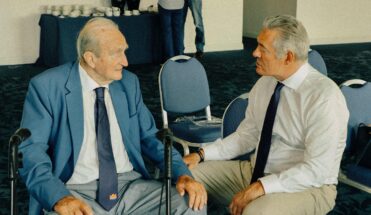
Obituary: John Douglas

Teams confirmed for derby decider

‘World-class’ Schoeman pens long-term extension
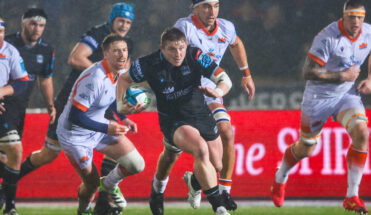
Teams Confirmed for 1872 Cup Opener
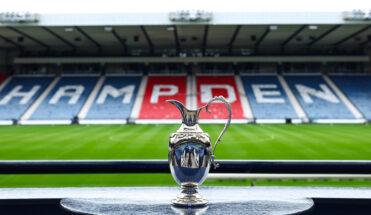
Match Preview Glasgow Warriors v Edinburgh Rugby
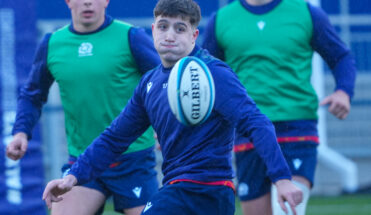
Ventisei to captain Scotland U20 in friendly against Wales
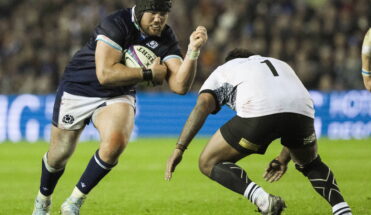
Fagerson signs new multi-year deal with Glasgow Warriors
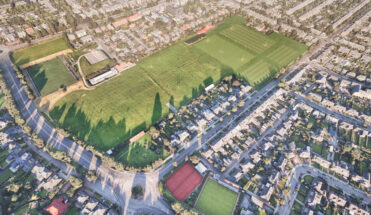
Aberdeen Grammar Rugby secure £250,000 towards new 3G pitch

Van der Merwe Commits to the Capital
